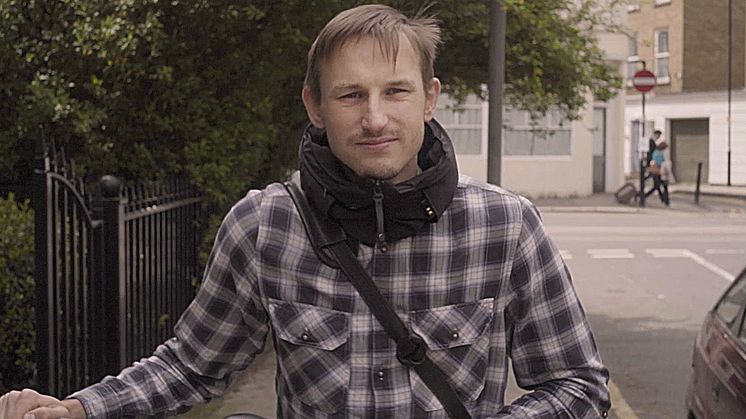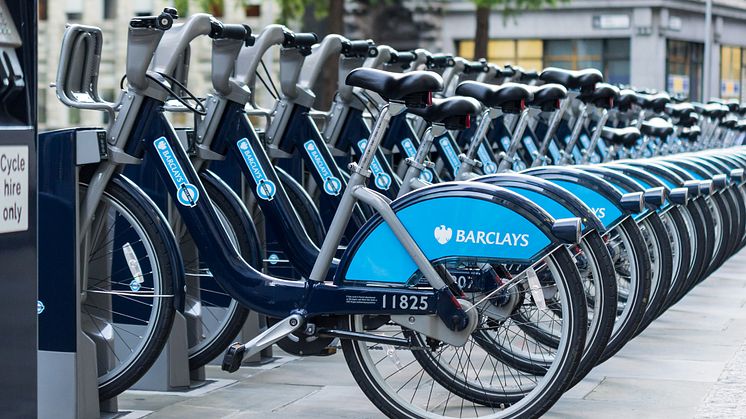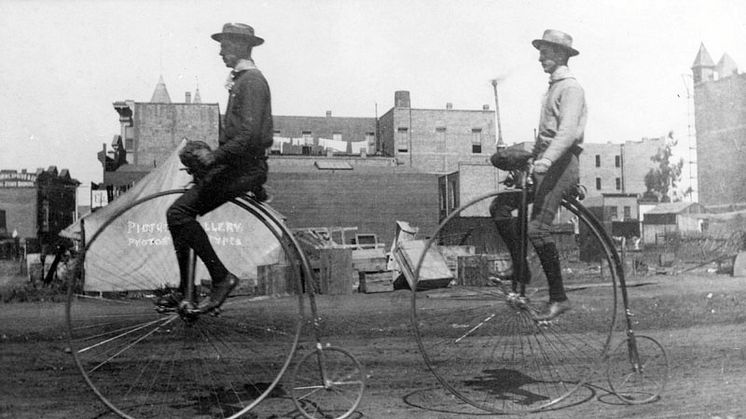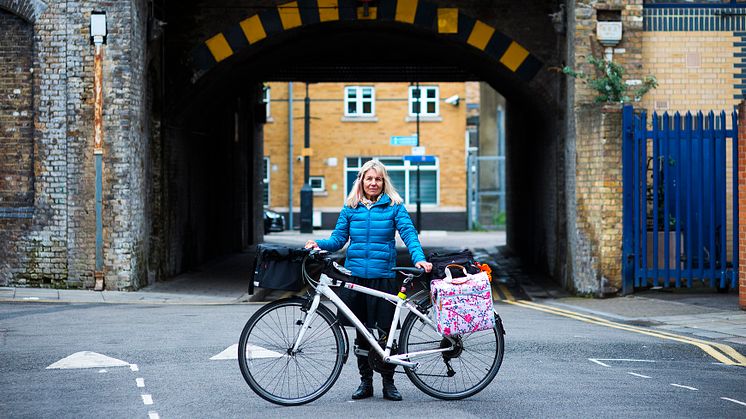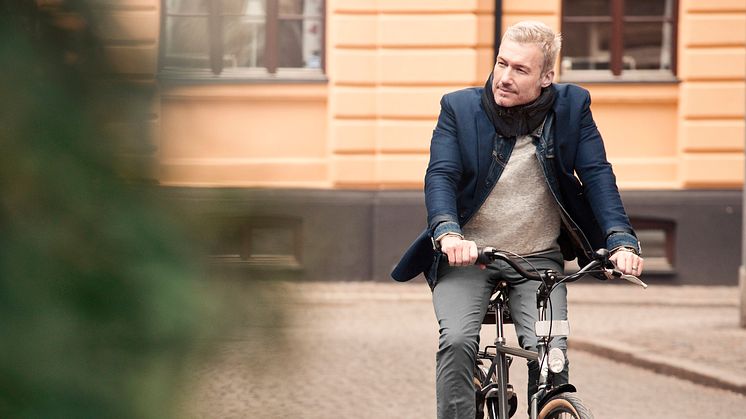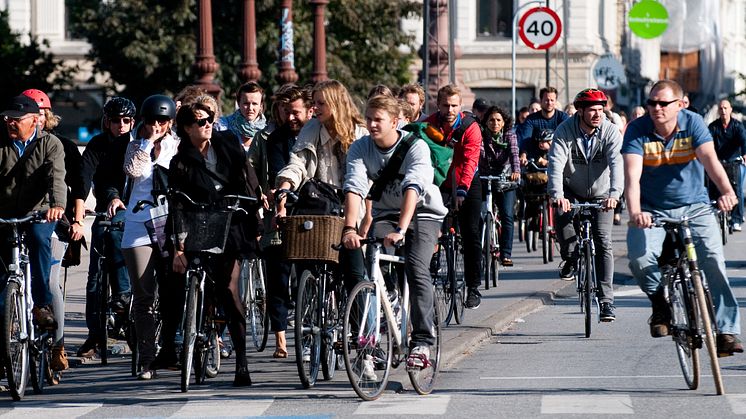
Blog post -
Urban cycling is growing
People are cycling more than ever before. In cities around the world, people are leaving their cars at home and taking their bikes instead in order to arrive on time. For many people a bike is not just a bike – it is a lifestyle.
Once, the car signified prosperity. The poor had to walk, take the bus or cycle. Those who were wealthier drove their own car to work. That is the way it still is, or has just become, in many parts of the world. But elsewhere the picture is more complex. A new force, a new movement, is emerging in many cities today. A new urban cycling movement means that many people are now choosing to take their bike.
There are a number of reasons for the growing cycling trend. Increased environmental awareness and the health aspects are two important reasons. In addition, many people are tired of traffic jams. Cars are designed for us to quickly and comfortably reach our destination. But in most cities you will reach your destination even faster if you cycle.
Furthermore, cycling to work provides exercise. Today, many people have sedentary jobs and cycling to and from work is an effective way of using the travel time.
The increased popularity of urban cycling has meant that many cities are working to develop the infrastructure to respond to this. But much remains to be done. The imbalance in the traffic power structure is considerable. Cars generally take up most of the space in cities, in terms of both surface area and investments, while cyclists, pedestrians and public transport have to be content with what is left over. We have a long way to go before many cities around the world are safe and accessible for cyclists.
One positive aspect is that many metropolitan areas are investing in rental bikes that are not only aimed at tourists, but also at the city's inhabitants (bike sharing program). In London, for example, there is the city's publicly funded bicycle hire scheme with the popular blue bikes, Boris Bikes, named after London's former mayor Boris Johnson. The bikes can be found at more than 550 bicycle stations around London and can be rented for a day, a week or even a year. Many cities recognise the benefits of developing systems for bicycle hire and worldwide you can find cities that provide a good selection. New investments in bike sharing programmes are being made all the time. Examples include Barcelona, Paris, Rio de Janeiro, Copenhagen and Moscow. Rental bikes increase the opportunity for many people to get around easily and experience a city from a bike.
The bike has become increasingly common as a means of exercise and as a consequence, new amateur races have started to crop up around the world. Cycling is perceived by many as easier on the body than running, for example. Cycling as a sport has developed at different levels, and is not just for elite athletes.
The bike as a means of transport in cities is here to stay, and we have probably only seen the beginning of the new cycling movement and the transport policies of big cities, which must address the problems of traffic congestion and air pollution.

